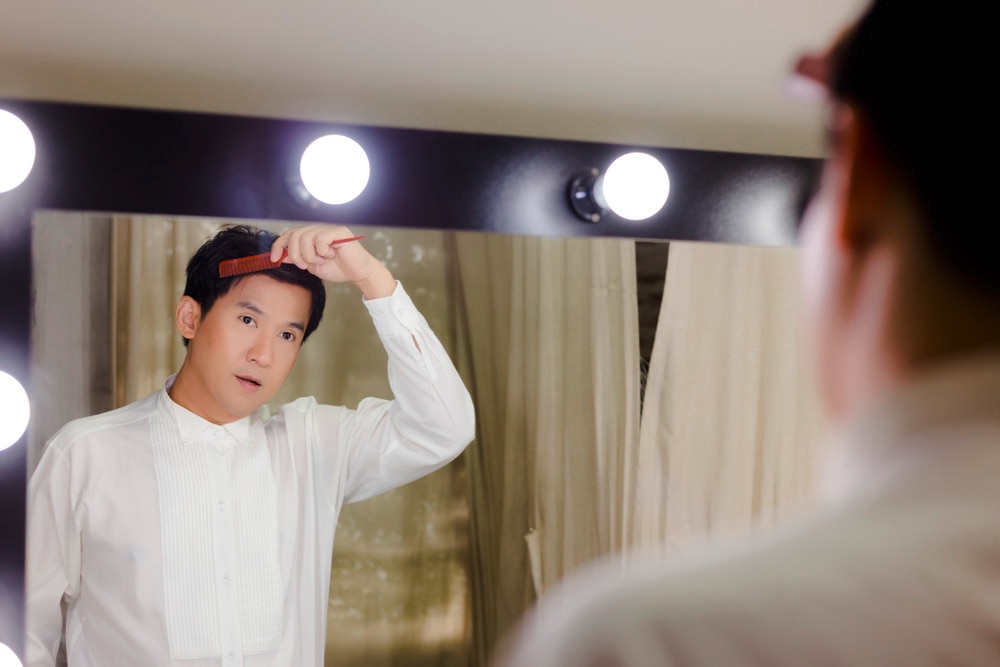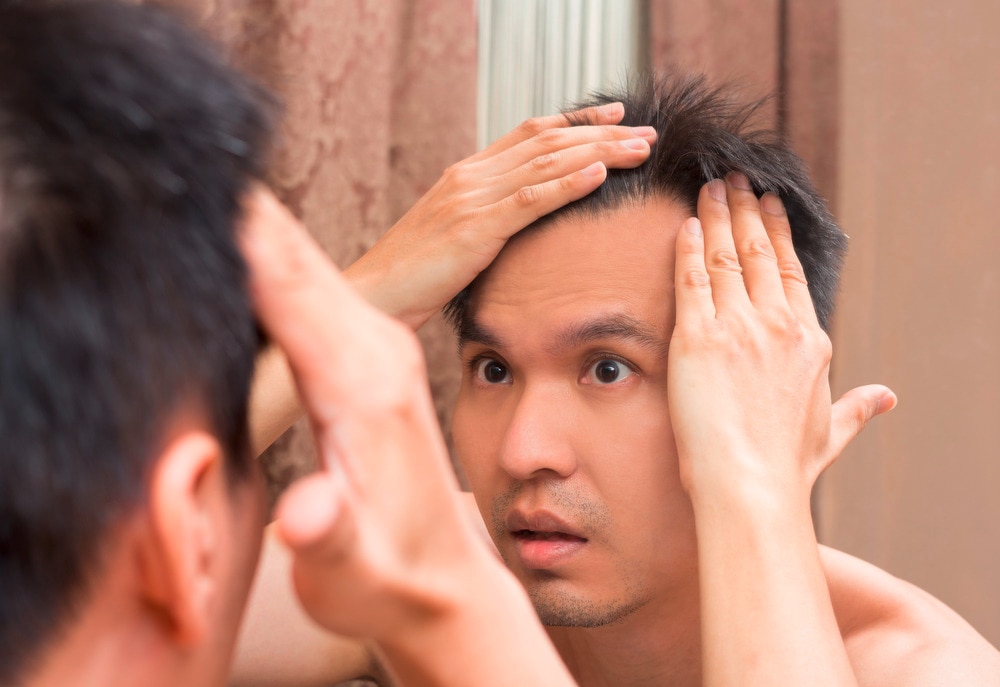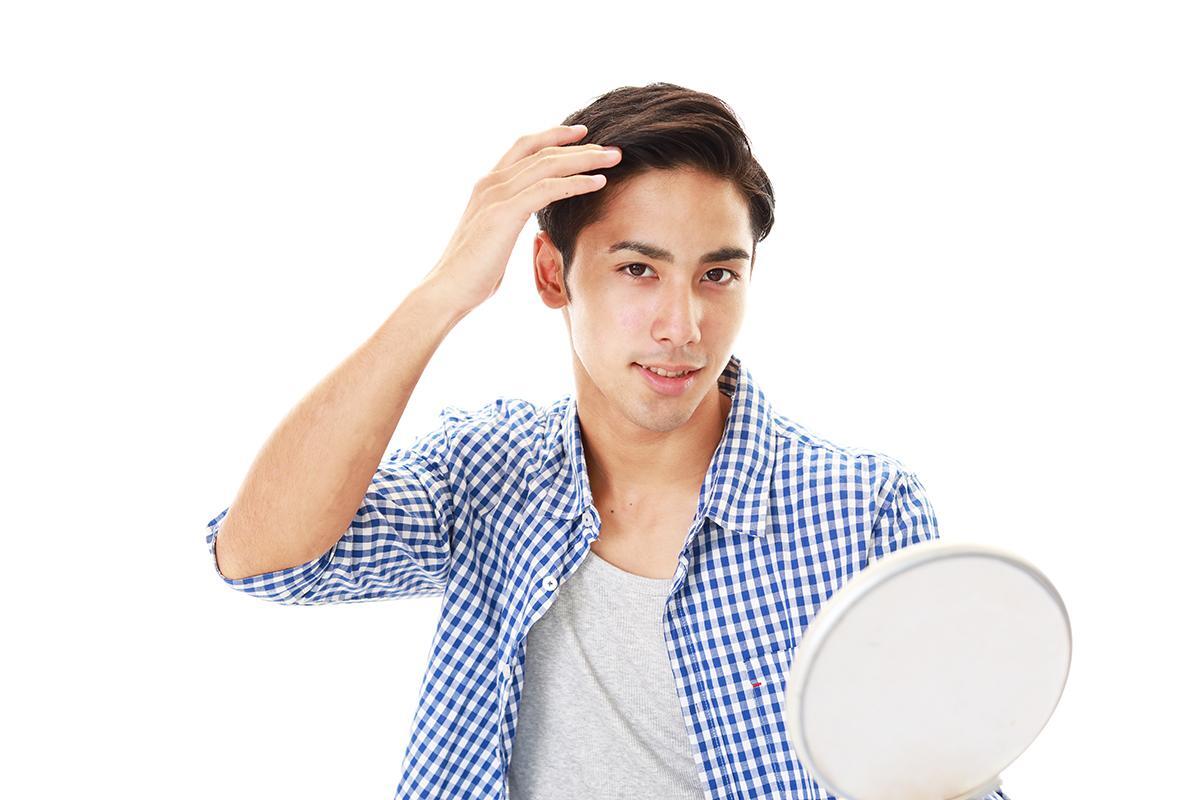Tips and Inspiration
From Unilever Beauty Experts
You’re sitting in the jeep, content that you’re not running late despite your car breaking down and your ride-share bailing. Then you look to the left, and the dude beside you is snowing around the shoulders. You scoot farther as much as the cramped space would allow and start combing through your head, wondering: Is dandruff contagious?
Dandruff is one of the most prevalent scalp disorders worldwide – eight out of 10 Filipinos will have it at some point. Men are particularly susceptible. Despite its commonness, it’s still largely misunderstood. The Indian Journal of Dermatology even said dandruff is the most commercially exploited skin disease.
Before you launch a regimen of profuse showering to rid yourself of possible public transport dandruff contamination, unpack the mystery of these pesky flakes with the article below.
Is Dandruff Contagious?
The short answer is no. Dandruff is not contagious. It’s caused by an overgrowth of a naturally occurring fungus called Malassezia that resides in the skin and subsists on the oils produced by your sebaceous glands. This yeast-like substance is typically harmless, but when you overfeed it with an oily scalp, well, you can guess what happens. Think Gremlin eating a post-midnight snack.
If most of your colleagues in your workplace have dandruff, it's not because you butted heads in the last team huddle. It may be because of the high statistical probability of Filipinos getting a flaky scalp. After all, the climate and humidity in the Philippines can turn your scalp into a hot, moist, and conducive environment for Malassezia to grow.
Apart from the environment, stress, sensitivity, and your skin’s innate oil-producing rhythms can also influence your scalp’s condition.
6 Other Dandruff Myths to Clear Up
The complexity of dandruff stems from the fact that while a fungus is the primary culprit behind these sticky flakes, the factors that can trigger them are often interrelated. It’s why the myths below exist.
1. Your dry scalp causes dandruff.
Those flakes that you saw from that fellow commuter? It might not even be dandruff. Dandruff and dry scalp flakes look similar, but the former are often yellowish and oily, while the latter are smaller and lighter. Remember the last time you had dry skin on your legs? You scratched it and bits of skin peeled off. When light-colored bits fall out of your head, you might not notice the difference.
That said, a dry scalp may worsen dandruff. It causes an oil imbalance on your scalp, which may prompt your oil glands to overcompensate. Moreover, the itchiness from dry skin might make you scratch your head more often. The dirt and debris from your hands could add to dandruff-triggering buildup.
2. Pollution has nothing to do with dandruff.
While dust and smoke don't directly contribute to flakes, pollution can aggravate the situation. Impurities that settle on your scalp can clog pores and disrupt your scalp’s natural oil balance. More oil means more yums for Malassezia.
3. Any shampoo can solve dandruff.
Shampoo is meant to cleanse your hair and scalp, right? By that definition, all of them should remove the excess oils that Malassezia loves swimming in. These days, shampoos are designed to address various concerns – from hair fall to easy management. If you’re using a shampoo that boosts shine, its extra oils may also lead to a potential imbalance in the oils production by your sebaceous glands.
If you’re dealing with dandruff, find a shampoo that tackles it head on. CLEAR Cool Sport Menthol Anti-Dandruff Shampoo for Men has taurine and Triple Anti-Dandruff Technology that not only removes all grime, grease, and visible flakes of dandruff, but also prevents stubborn flakes from recurring.
4. Dandruff causes hair loss.
Dandruff won’t exactly uproot your hair strands, but the itchiness and tightness that come with these flakes could damage the follicle and prompt hair fall. Stress, which can trigger dandruff development, can also cause hair loss.
5. Poor hygiene causes dandruff.
Not enough research can conclusively link subpar hygiene with dandruff. Skipping hair-washing day won’t result in flakes the next day. Inversely, over-washing can cause a sebum imbalance in your scalp.
That said, you should understand your hair better. If you know your hair gets greasy fast, be more proactive about shampooing.
6. You shouldn't use styling products when you have dandruff.
Just because you have dandruff doesn’t mean you can’t rock a fade or any other haircut that requires wax, gel, or pomade. Just remember to wash your hair thoroughly, eliminating product buildup. Buildup can trap dirt, dust, and that dreaded oil for Malassezia to flourish.
So, is dandruff contagious? Not in the sense that touching someone’s dandruff-ridden hair can spur flakes in your own scalp. But if you and your friends are constantly exposed to pollution, share stress, and neglect to wash off product from your hair, don’t be surprised if a little blizzard is happening amid your gang. Arm yourself with the right shampoo, and you’re good.







